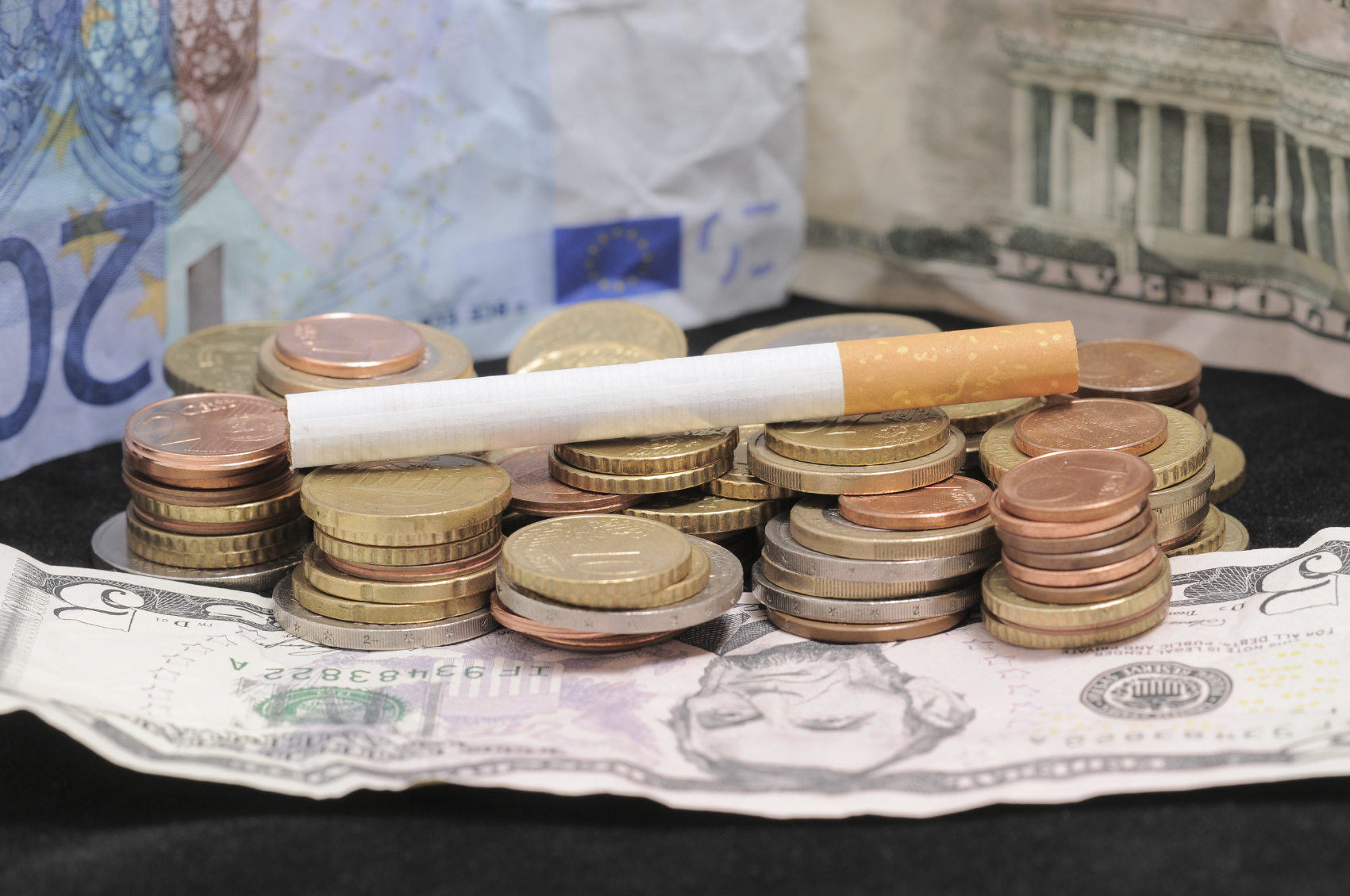
Another Year, Another Tobacco Tax Plan
As surely as morning follows night, a new legislative session has brought forth a “sin tax” increase proposal from Vinny DeMarco. Every year he seems to roll out a plan to increase taxes on tobacco or alcohol, and every year I point out the flaws in his idea. This year, he’s chosen tobacco. In case anyone is wondering, I still think his tax plan is flawed.
Will this tobacco tax increase be successful this year? Legislators have been fairly cool to the idea in recent years. However, given the politics in Annapolis, it is certainly possible that they may pass a tax increase in order to put Governor Hogan in an uncomfortable position. In fact, there is no real reason other than politics to pass a tobacco tax hike. I’ve been writing for years about why this bad tax idea should be snuffed out.
Since I’ve covered these topics many times before, it’s almost pointless to write a new blog post about the numerous reasons problems with a tobacco tax. In 2012, for instance, I debunked some of the myths perpetuated by tobacco tax supporters. Most of the information still applies today, since tax supporters are still using the same myths. In 2013, I summed up the variety of reasons not to hike the tax. These range from a tax hike failing to produce the revenue projected by sponsors to the negative effect on Maryland businesses. The same flaws in the 2013 idea are present today.
Instead of rehashing everything negative about this tax plan, I’d like to focus on one aspect: cigarette smuggling, either for personal use or as an illicit business. Maybe it’s because I live so close to Delaware, and see how that state targets Maryland consumers with its low-tax shopping options on everything from furniture to alcohol. Maybe it’s because I live near Route 13, which seems to be used regularly as a route for cigarette smugglers transporting cheap smokes from the low-tax South to the high-tax North. Whatever the reason, I am mystified that legislators don’t consider the effects that higher taxes in one jurisdiction have on consumers who can easily shop in another, lower-taxed jurisdiction.
According to the Tax Foundation, over 20% of the cigarettes smoked in Maryland were bought out-of-state. That is because it is easy in a state like Maryland to slip over the border to a lower-tax state like Virginia or Delaware to purchase your cigarettes. This cross-border purchasing both deprives the state of tax revenue and Maryland businesses of sales. It will only increase with higher cigarette taxes.
The rationale behind smokers who head to Delaware or Virginia for their cigarettes can lead to more nefarious activities. If legislators support increasing the rate to $3.00 a pack, it would mean that Virginia’s tax would be $2.70 a pack less. That’s a huge profit margin for a small product that can easily be smuggled across the border. In fact, the state’s rate would be higher than the rates in every other state that borders us. That is an invitation to smuggling.
The idea that there would be rampant cigarette smuggling is not hyperbole. We see this happening in New York, which has the highest tobacco tax rate in the nation. As the Maryland Reporter’s story about this legislation pointed out, “Black market smugglers caught in Maryland are often heading to New York from Virginia.” However, if Maryland’s rates start rivaling those in New York, it’s a far shorter trip to smuggle cigarettes from Virginia to Maryland. A shorter trip means less gasoline, fewer tolls, and a lower risk of being caught. We will certainly see more smugglers diverted from New York to Maryland as their destination of choice.
Some may acknowledge that, yes, raising the tobacco tax will increase smuggling and cross-border sales for personal use. But, they say, it’s necessary in order to cut smoking rates, especially for kids. I looked at that issue in detail back in 2012, however, and found that the data are far more ambiguous on this issue than tax hike advocates suggest.
This tobacco tax proposal is the perfect example of the politics of symbolism. It sounds nice on the surface. It’s “for the kids.” It targets an unpopular group – smokers – for punitive taxes. But once you look behind the rhetoric, there is little of substance behind it.





